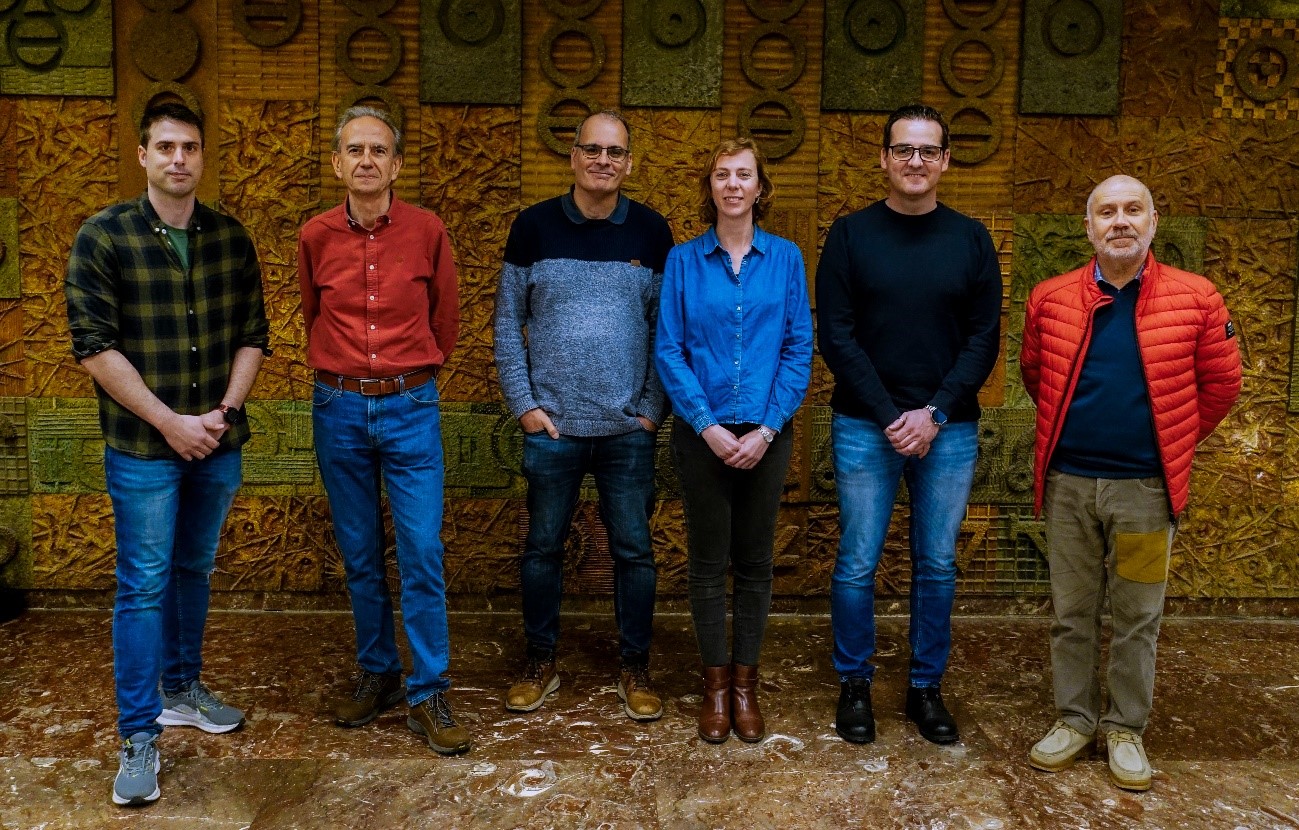
The UB receives aid to develop a drug nanocarrier controlled by light, with applications in cancer therapy and diagnosis
Current cancer treatments are burdened by serious side effects, often related to the administration and biodistribution of the drug. Researchers from the University of Barcelona (UB) have received a Llavor grant from the Generalitat de Catalunya to develop an innovative nanometric system for the transport of drugs that facilitates their efficient administration while mitigating these toxic effects.
The project, which has potential applications in cancer therapy, but also in its diagnosis, will be carried out by a multidisciplinary team of physicists and chemists, led by Ana Belén Caballero, professor at the Faculty of Chemistry of the UB and researcher at the Institute of Nanoscience and Nanotechnology of the UB (IN2UB).
The new smart transporter will be based on human albumin, one of the most abundant proteins in the body and which is mainly present in the blood. Its use as a nanotransporter allows transporting many types of drugs and improving their pharmacokinetics and selective accumulation in the tumor. In addition, it presents greater stability and zero toxicity, which makes its use as a carrier more advantageous than conventional alternatives such as liposomes.
In fact, this protein has already been used successfully in several drug formulations on the market, although these have limitations regarding their safety and environmental impact. The synthesis method implemented by the UB researchers dispenses with toxic solvents and can be automated on a larger scale.
An alternative for photothermal therapy against cancer
The new nanotransporter system has as one of its fundamental elements the response to stimuli such as light. Specifically, it will be able to convert near-infrared (NIR) light into heat, so a potential application in photothermal cancer therapy would be sought. At the same time, its use as a contrast agent in X-ray computed tomography could be explored, to replace or complement iodinated agents in this diagnostic technique.
The final objective of the project, with file number 2023 LLAV 00053 and a grant of 20,000 euros, is to optimize the synthesis of these intelligent nanocarriers, and study the encapsulation and in vitro release of an anticancer drug with NIR light control.

